US President-elect Donald Trump picked three conservative loyalists with hard-line views on immigration and counter-terrorism to lead his national security and law enforcement teams, including US Senator Jeff Sessions for attorney general and Representative Mike Pompeo as CIA director.
Retired Lieutenant General Mike Flynn, who has been a stalwart in supporting Mr Trump's promises to take a tougher approach to militant Islamist groups, was picked as his national security adviser.
All three men have accepted Mr Trump's offer, a transition official said.
In choosing Mr Sessions as attorney general, Mr Trump has awarded a loyalist whose hard-line and at times inflammatory statements on immigration were similar to his own.
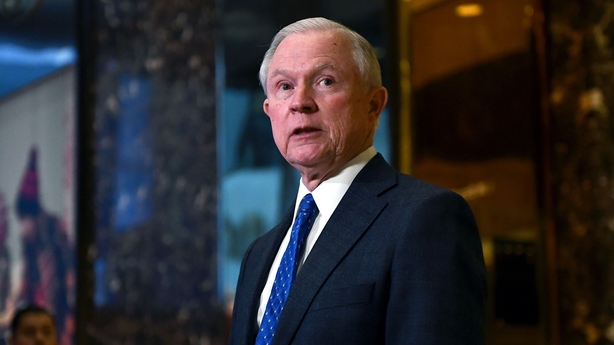
Mr Sessions opposes any path to citizenship for undocumented immigrants and was an enthusiastic backer of Mr Trump's promise to build a wall on the border with Mexico.
Bloomberg reported a Trump aide called Senator Ted Cruz, another possible contender for the job, last night to tell him that Mr Sessions would get the position.
An army veteran, Mr Sessions is a senior member of the Senate Armed Services Committee and chairman of its Strategic Forces Subcommittee.
The 20-year congressional veteran could face resistance as he seeks Senate confirmation.
In 1986, Mr Sessions became only the second nominee in 50 years to be denied confirmation as a federal judge after allegations that he had made racist remarks.
Those included testimony that in 1986 he had called an African-American prosecutor "boy," an allegation Mr Sessions denied.
Mr Sessions said he was not a racist, but said at his hearing that groups such as the National Association for the Advancement of Colored People and the American Civil Liberties Union could be considered "un-American".
Kansas Congressman Mike Pompeo is a former active duty cavalry officer in the US army, graduated first in his class from the US Military Academy at West Point, received his law degree from Harvard.
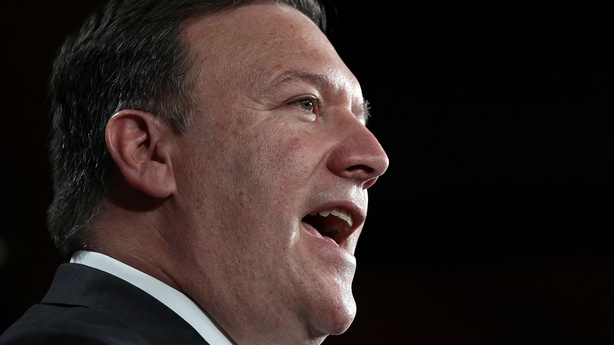
He currently serves on the House Intelligence Committee, which oversees America's intelligence-gathering efforts.
Mr Trump said Mr Pompeo "will be a brilliant and unrelenting leader for our intelligence community to ensure the safety of Americans and our allies".
Earlier Mr Flynn was pictured alongside Mr Trump during a meeting with Japan's Prime Minister Shinzo Abe at Trump Tower in Manhattan.
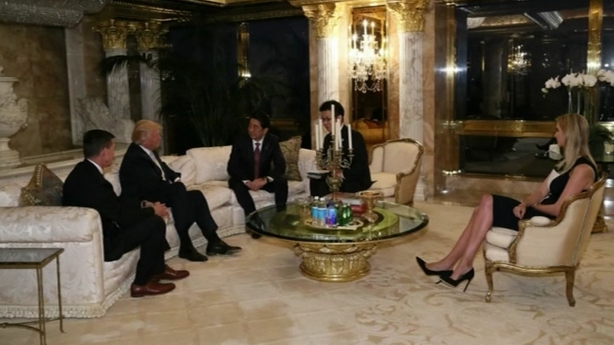
As national security advisor, Mr Flynn will provide one of the most influential voices on foreign policy as well as some of the most pressing security issues facing the country, including the battle against the so-called Islamic State group, China's rising challenge in the South China Sea and elsewhere, and opposition from Russia.
His role could probably be even more influential than his predecessors' thanks to Mr Trump's near-total lack of experience in national security matters.
Mr Flynn will serve as the administration's main contact with the Pentagon, State Department and intelligence agencies, overseeing a staff of around 400 people.

He left the military after President Barack Obama fired him from his post as head of the Defense Intelligence Agency in 2014 following complaints about his leadership style.
He became a vocal critic of Mr Obama's, blaming his sacking on the administration's unwillingness to listen to his warnings about the threat from radical Islam.
He also prompted criticism for his view that Islamist militants pose global civilisation an existential threat, saying the world has fallen into a struggle between "centrist nationalists" and "socialists," The Washington Post reported.
Such views are close to those of Mr Trump, who has called for banning all Muslim visitors to the United States and advocated that Muslims in the United States be registered, subjected to loyalty tests and even deported.
Those views, and others including his denunciation of the war in Iraq, have alienated many of his former military colleagues.
Abe says he has confidence in Trump as a leader
Meanwhile, Mr Abe has described Mr Trump as a "trustworthy leader" after meeting the US President-elect to get clarity on statements Mr Trump had made while campaigning that had caused concern about the alliance.
Mr Abe, speaking after the hastily arranged 90-minute meeting, said: "The talks made me feel sure that we can build a relationship of trust."
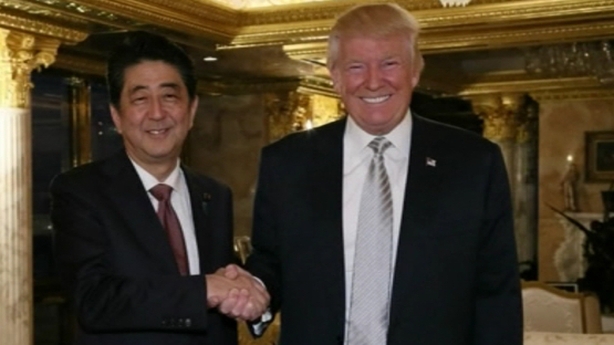
However, he would not disclose specifics because the conversation was unofficial.
Japan's leadership has been nervous about the future of an alliance that is core to Tokyo's diplomacy and security.
Mr Trump had caused concern in Tokyo and beyond with comments on the possibility of Japan acquiring nuclear arms, demands that allies pay more for keeping US forces on their soil or face their possible withdrawal, and his opposition to the US-led 12-nation Trans-Pacific Partnership free trade pact.
Mr Abe had worked closely with President Barack Obama on the TPP trade pact, which was part of Mr Obama's push to counter the rising strength of China and a pillar of Mr Abe's economic reforms.
"Alliances cannot function without trust. I am now confident that President-elect Trump is a trustworthy leader," said Mr Abe, describing the talks as "candid" and held in a "warm atmosphere".
Mr Abe gave Mr Trump a golf driver and received golf-wear in return, Japanese officials said.
Photographs taken inside the ornate meeting room at Trump Tower showed Mr Abe accompanied only by an interpreter and Mr Trump by his daughter Ivanka, her husband and Trump advisor Jared Kushner, and Mr Flynn.
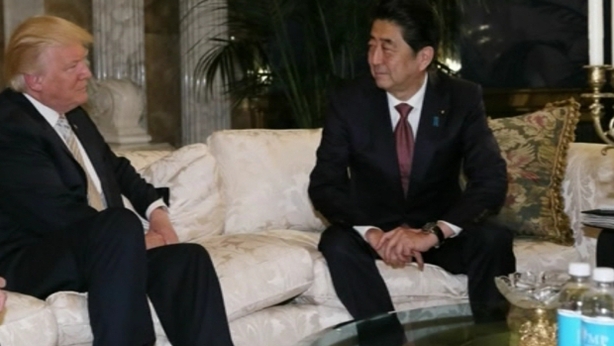
Mr Abe said he had agreed to meet again with Mr Trump "at a convenient time to cover a wider area in greater depth."
It was unclear if that would happen before Mr Trump's inauguration on 20 January.

